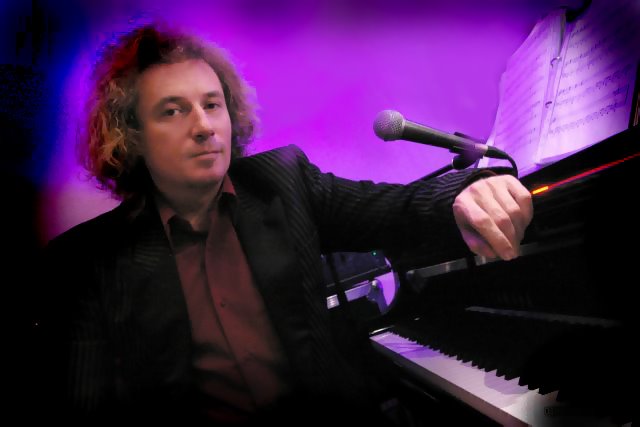Moscow Diary: Traffic jams | ||
Russian passion for cars and how the capital's roads have changed since communist times. STUCK IN TRAFFIC "You must have seen a lot of changes," people often say when I tell them I first came to Moscow in the last years of the Soviet Union.
There was a joke in Soviet times. It went something like this: Sergei had been waiting for ages to hear when he would get his new car. Finally, the call came. "We'll deliver it on Tuesday 12th March, 19xx" (here you'd add a date in about five years' time). "Oh no," says Sergei. "That's the day they're coming to fix the washing machine." Sergei wouldn't have to wait that long these days. Foreign manufacturers have flocked to Russia. They've set up factories here to feed the insatiable demand for a set of wheels. Late last year, the authorities in Moscow estimated that there were three million cars registered in the Russian capital. That number is growing by 10% annually. Many more are driven into the city every day. It's the most obvious sign of Russia's new wealth. In the dying days of the USSR, car parts were in such short supply that motorists went to extraordinary lengths to frustrate thieves. If it began to rain, drivers would suddenly leap from their vehicles to tend to their windscreen wipers. They kept their wiper blades in the glove compartment. Leaving them on an unattended parked car was an invitation to robbers. A replacement set was hard to come by. Now there are shops stacked with spare parts. Some of them are even open round-the-clock. Sometimes it feels like there's heavy traffic 24 hours a day, too.
Now it's six lanes of traffic which often moves painfully slowly. Last autumn, it ground to a complete stop. The Spartak football team's bus got stuck. The players had to finish their journey to the stadium by metro. You can understand why the desire for car ownership is so strong here. For decades, getting behind the wheel was nothing more than a dream for many people here. Millions more Russians now have the chance to take to the road. But one of the side-effects is that it's impossible to be sure how long it will take you to get anywhere by car. There are fears that it will begin to take a toll on the economy. There were even reports last year that the mayor was considering making city employees start their working day at 0700 so they could beat the traffic. That hasn't happened - at least, not yet. It's unlikely to be popular in a city where, in midwinter, it doesn't get light until 0900. So what's the answer? Some Muscovites ask me about the congestion charge in London. In a city where having to pay to park is still considered daylight robbery, the idea of paying to drive won't be an overnight hit | ||



No comments:
Post a Comment